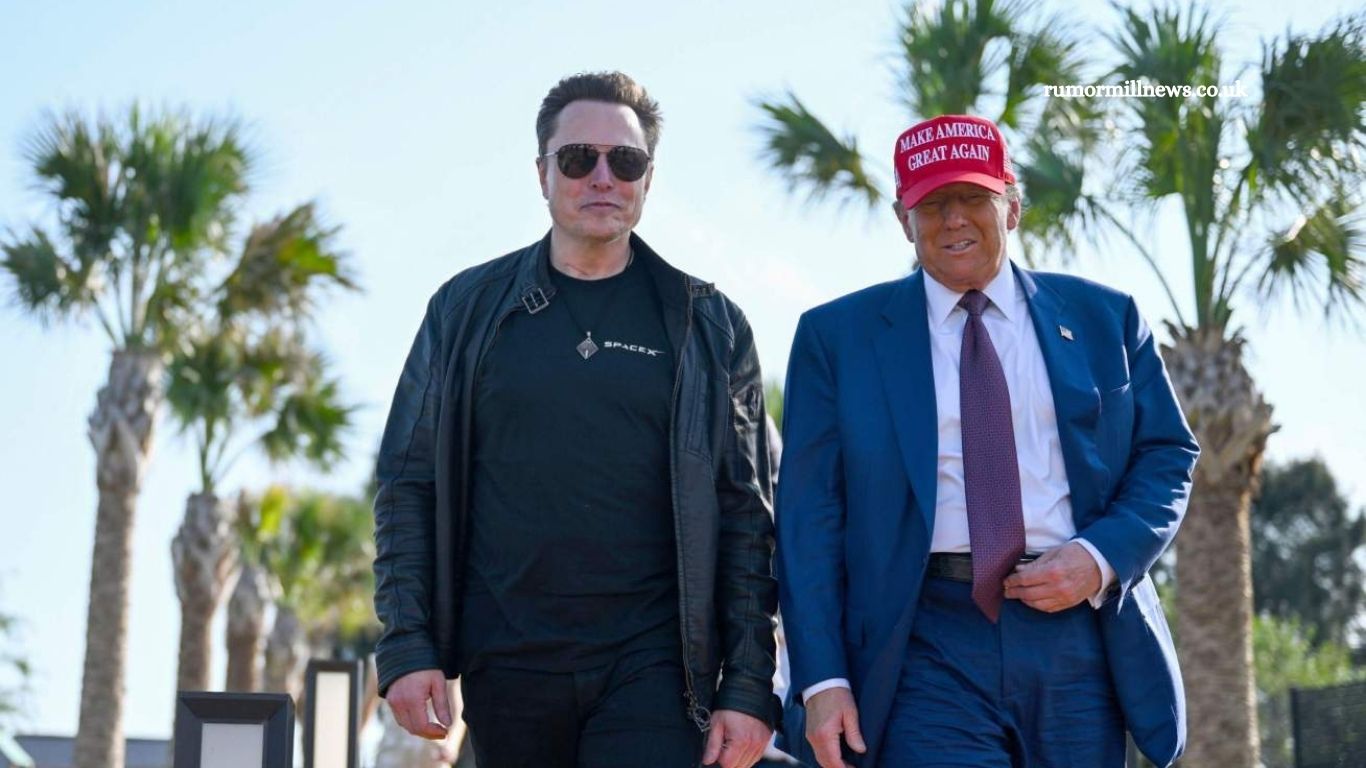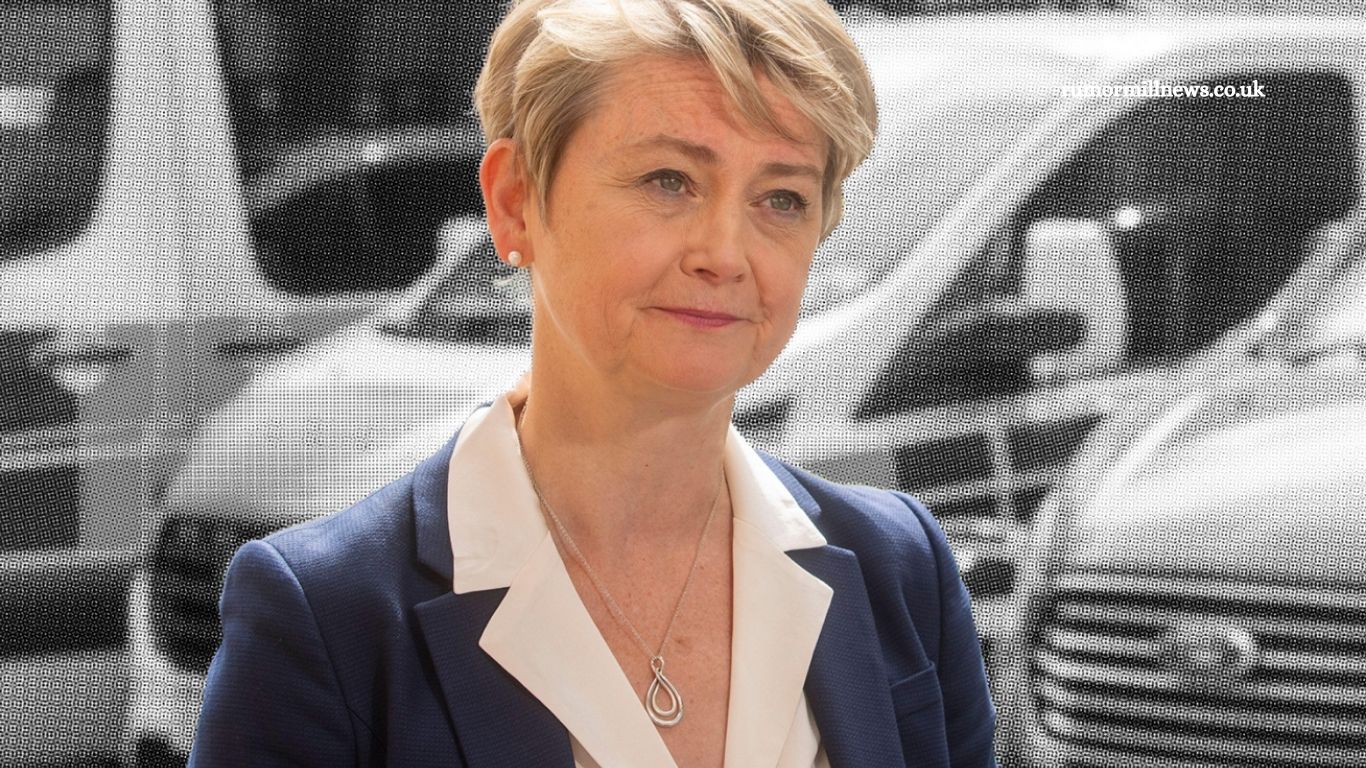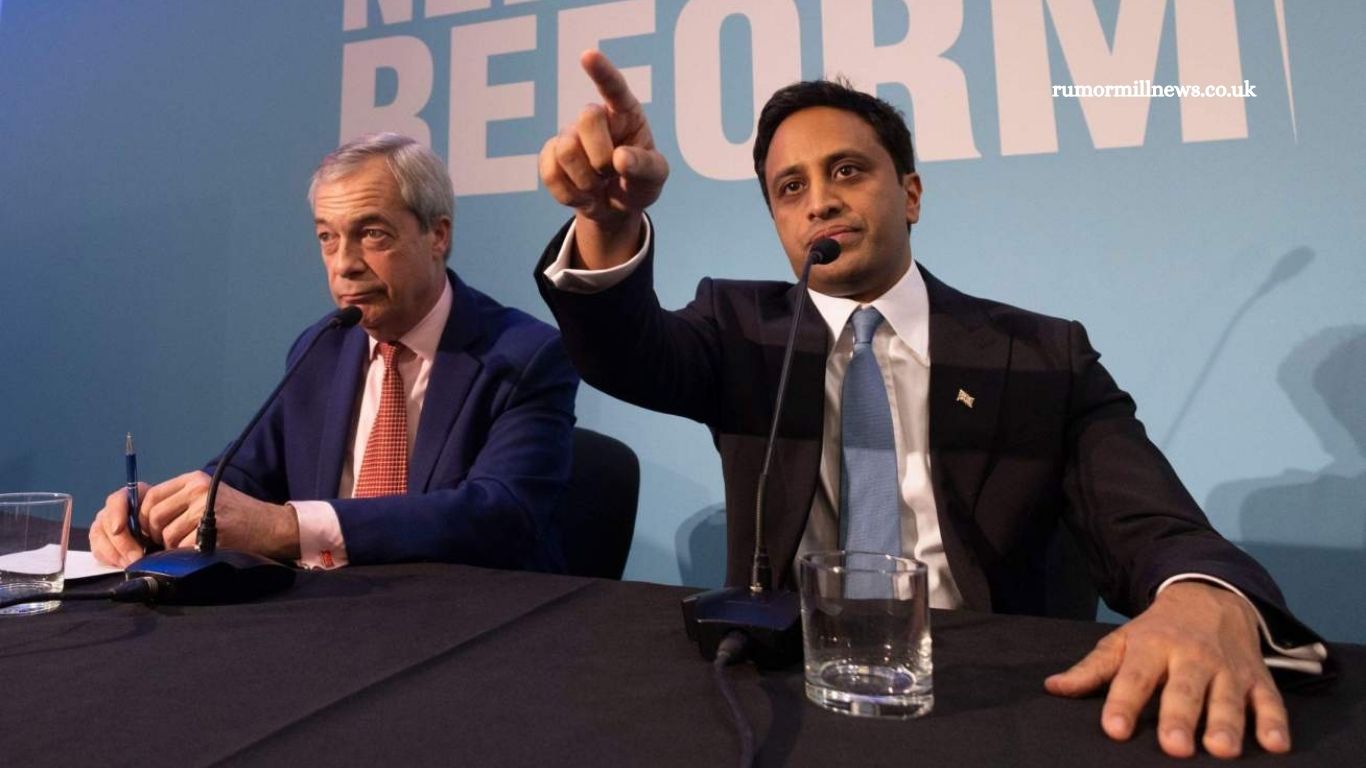A billionaires revealing conference in Budapest has reignited debate about the growing dangers of extreme wealth in democratic societies. Held at the Central European University, the “Excessive Wealth Concentration and Democracy” conference brought together economists, activists, and academics to examine the toxic intersection of capitalism, inequality, and governance.
At the center of the discussion was Marlene Engelhorn, an Austrian-German heiress who is voluntarily redistributing €25 million of her inheritance. Her perspective, raw and unfiltered, pulled back the curtain on how the ultra-wealthy view the world—and the consequences of their unchecked power.
A Heir’s Rage: Marlene Engelhorn’s Stand Against Inherited Wealth
Marlene Engelhorn, an outspoken critic of wealth concentration, opened up about the emotional turmoil she experienced upon inheriting a fortune. “I was furious,” she admitted. “It wasn’t justice. Nobody should be born and just get money for it.”
Her words cut through the usual media portrayals of the rich. Engelhorn challenged the feudal mindset embedded in modern capitalism: a belief system where privilege is inherited, not earned, and where democratic values are eroded by dynastic wealth.
She told attendees, “Our comfort is always at the center of what we are trying to protect, and this has a direct effect on you. We will burn the planet to protect our comfort zone.”
Through her initiative, a citizens’ assembly in Austria is now deciding how to equitably distribute her inheritance. Over the next five years, 77 NGOs and public-interest groups will receive the redistributed funds—an experiment in participatory democracy rarely seen at this scale.
Read More: Cryptocurrency Loophole Lets Foreign Billionaires Secretly Fund UK Political Parties
Capitalism’s Legal Code: How Laws Create Inequality
In the keynote address, Columbia University law professor Katharina Pistor explored how modern capitalism is upheld by legal systems intentionally designed to preserve inequality. Her book, The Code of Capital, delves into how wealth is protected and multiplied through contracts, property rights, and legal loopholes.
At the conference, she warned about the rise of the shadow-banking system—hedge funds, private equity firms, and other non-bank entities—operating beyond regulatory oversight. “It’s like playing soccer where the players rewrite the rules mid-game,” she said. The global financial elite, she argued, are continuously reshaping laws to benefit themselves while regulatory bodies struggle to keep up.
The Authoritarian Nature of Billionaire Power
Peter Hagel, author of Billionaires in World Politics, provided another sobering analysis. He argued that the core structure of the firm—central to capitalism—is inherently authoritarian. “What is at the heart of the firm is hierarchical leadership. It is not democratic, and this spills into politics.”
He cited figures like Elon Musk and Vivek Ramaswamy, who have promoted the idea of “executive action over democratic deliberation,” a growing trend that reframes political power in corporate terms.
This, Hagel warned, leads to the transformation of politics itself. The billionaire becomes a political archetype: not a servant of public interest, but an entrepreneur who seeks to replace democratic institutions with personal power.
How Hyper-Wealth Destroys Democratic Foundations
All conference speakers circled the same alarming conclusion: excessive wealth concentration is fundamentally incompatible with democracy. When a small minority controls disproportionate financial power, they influence laws, media, and policy—often at the expense of the majority.
Democracy, at its core, values equality. But wealth accumulation creates unequal access to everything: education, healthcare, legal protections, and political voice. The more concentrated wealth becomes, the more democratic systems degrade into oligarchies.
Moving Toward Solutions: Can We Contain Excessive Wealth?
Despite the heavy tone, the conference wasn’t without hope. Several speakers proposed forward-thinking reforms, including:
- Wealth taxation: Progressive taxes on assets, not just income, to reduce concentration.
- Transparent redistribution mechanisms: Like Engelhorn’s citizen-led wealth redistribution.
- Modernized public services: Making democratic institutions efficient and attractive alternatives to autocratic decision-making.
- Financial regulation: Closing loopholes that allow shadow banking and offshore wealth concealment.
The path forward, as speakers emphasized, involves not only confronting excessive wealth but also revitalizing the public sector to rebuild trust in democracy.
Frequently Asked Questions
Who is Marlene Engelhor, and why is she in the spotlight?
Marlene Engelhorn is an Austrian-German heiress to a major chemicals fortune. She gained attention by publicly denouncing her inheritance and creating a citizens’ assembly to distribute €25 million of her wealth.
What was the main focus of the Budapest conference?
The Excessive Wealth Concentration and Democracy conference examined how extreme wealth harms democracy, whether hyper-wealth can serve the public good, and what policies can reduce inequality.
Why does Engelhorn say inherited wealth is unjust?
She argues that receiving wealth by birthright mirrors a feudal system and contradicts democratic ideals where all citizens should be treated equally.
What is shadow banking, and why is it dangerous?
Shadow banking refers to financial activities conducted by non-bank firms that operate without the regulations banks face. These entities can take massive risks without oversight, destabilizing economies.
How do billionaires influence democracy?
By funding political campaigns, lobbying lawmakers, and controlling media narratives, billionaires can shape public policy in ways that prioritize their interests over the common good.
Is wealth itself a problem or just its concentration?
The conference focused on concentrated wealth, when too much power and capital rest with too few people. This imbalance, not wealth per se, threatens democratic processes.
What is being proposed to reduce excessive wealth?
Ideas include wealth taxes, financial transparency laws, reforming inheritance laws, and closing tax loopholes used by the ultra-wealthy.
Can democracy survive rising inequality?
Experts argue that democracy requires economic equality to function. Without shared access to opportunity and power, democratic participation becomes hollow.
Conclusion
The conversations in Budapest were more than theoretical. They were a warning—and a call to action.
As wealth continues to concentrate in the hands of the elite, democratic institutions face unprecedented pressure. The power imbalance threatens not only governance but also our collective future, from economic justice to climate policy.
Marlene Engelhorn’s courage in confronting her privilege is a rare example of ethical reckoning among the rich. Her story, paired with academic insights and activist proposals, pushes us to ask: What kind of society do we want to live in?




